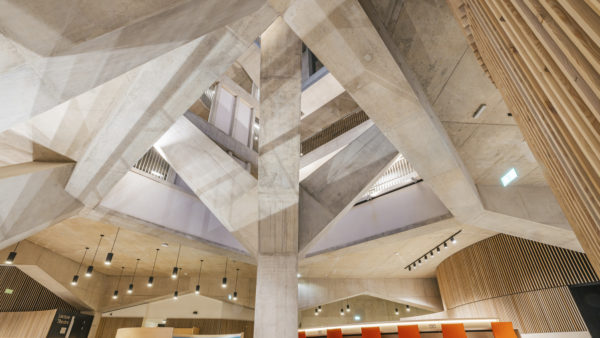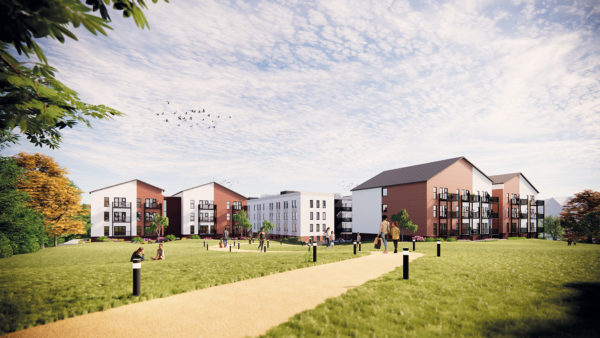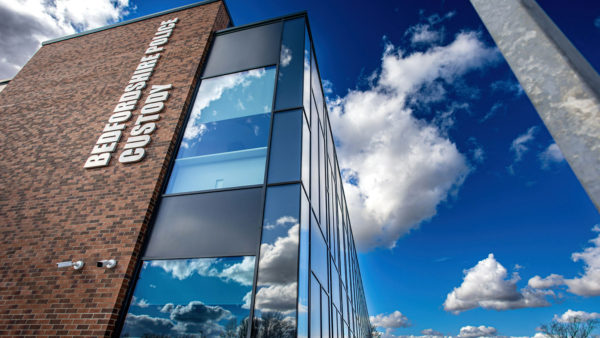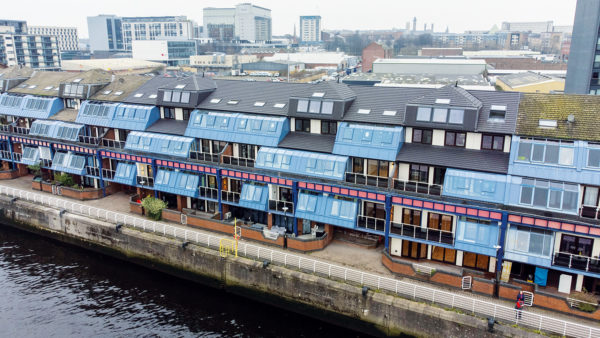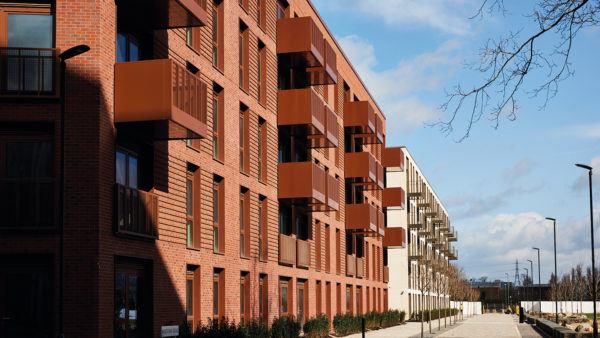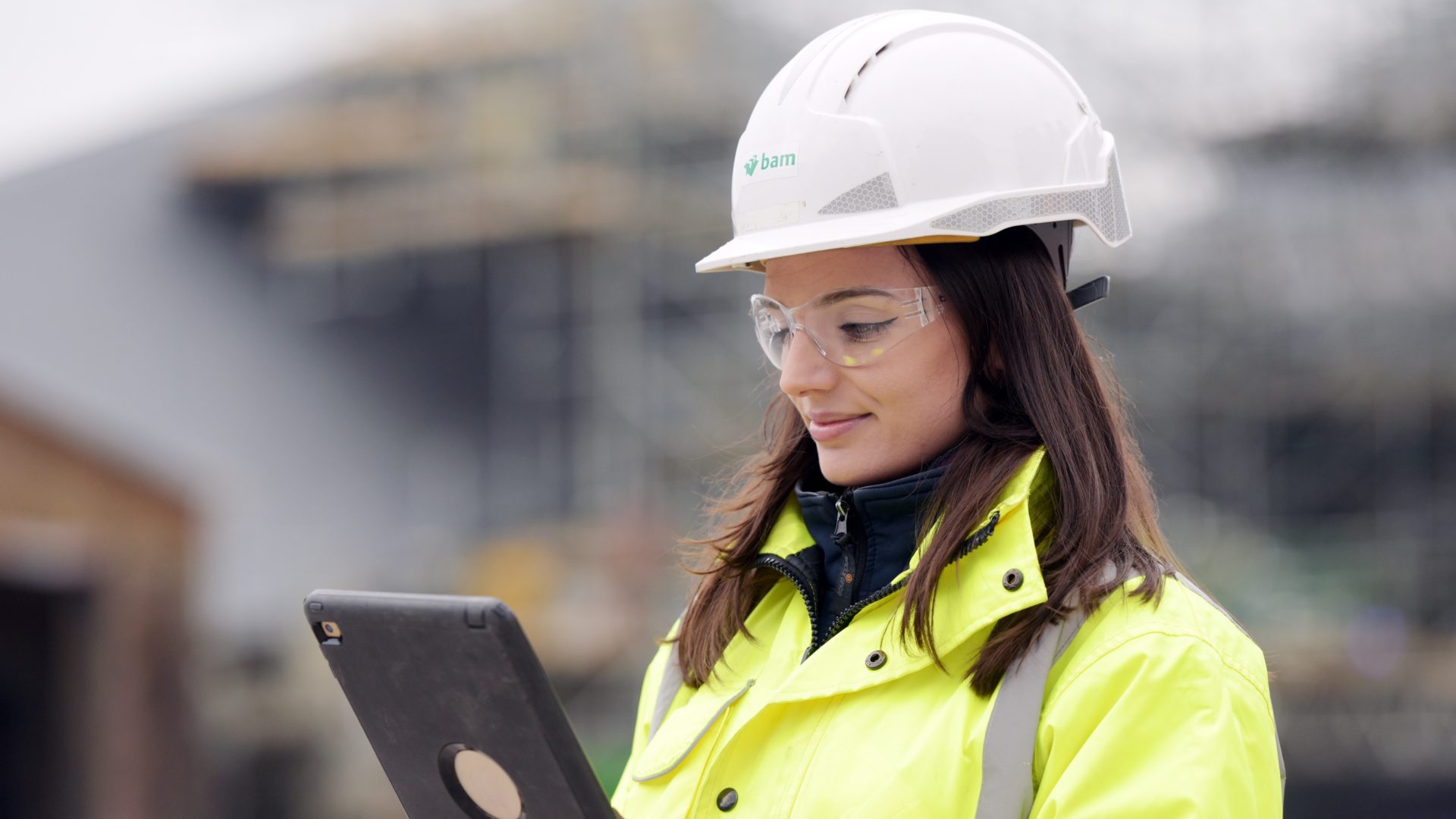
BAM Construct took a 15% hit to its revenue in 2020 amid the impact of the covid-19 pandemic but still increased its pre-tax profit, its latest accounts have revealed.
Revenue across BAM’s design, construction, facilities management and property development businesses fell to £793.1m in 2020, down from £930.5m the year before. But pre-tax profit rose to £13.7m, up from £9.4m in 2019.
Meanwhile, its order book increased slightly to nearly £1.5bn, up from £1.4bn the year before. Of the new work it won in 2020, 58% was for public sector clients and 42% was for private sector clients.
Its year-end cash balance stood at £80.7m (2019: £85.8m). The business improved the speed at which it paid subcontractors, from an average 39 days down to an average of 36 days.
BAM Construction made a pre-tax profit of £8.4m in 2020, compared to a loss of £2.4m in 2019, on a revenue of £722.4m in 2020 (2019: £867.8m).
The group’s FM division grew turnover 10% to £65.2m (2019: £58.9m). Profit before taxation was £3.5m (2019: £3.6m).
James Wimpenny, BAM Construct UK’s chief executive, said: “The main impact of the pandemic was on our construction operations and demand was significantly reduced in the first half of 2020, with the second half returning to more normal levels of productivity.
“We entered 2021 as a strong business and have proven to be very resilient, supported by a healthy order book and balance sheet. We remained profitable and continued operating and winning high quality new business because of the resilience and loyalty of our people, our focus on strong client relationships, a commitment to selective tendering, and because we delivered safely, efficiently and sustainably.”
He added: “The pandemic created an opportunity to transform the way we work. The movement of colleagues from working in offices to working from home demonstrated our ability to work in more flexible ways. This change enhanced our pioneering research programme with Timewise on flexible working for the construction industry, particularly on sites, and accelerated our new Flexible Working Policy.
“Our new policy, which goes well beyond home working, is creating flexibility across all roles and will help improve overall wellbeing and mental health; tackle the long-hours culture; attract a diverse talent pool including more women, and retain more men, particularly in later life.”
Sustainability targets
BAM also managed to exceed its emissions targets as a result of the pandemic. It set a target in 2015 of reducing emissions by 25% by the end of 2020. It ended up reducing them by 45%, partly as a result of the pandemic.
But BAM claimed that it would still have “comfortably” achieved its targets in normal circumstances without the effects of covid-19.
BAM has committed to achieving net zero carbon operations by 2030, having signed up to the World Green Building Council Net Zero Carbon Buildings Commitment. This will ensure the company’s buildings within its direct control reach net zero carbon in operation by 2030 and to influence its stakeholders and clients to also achieve net zero.


